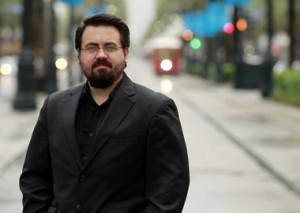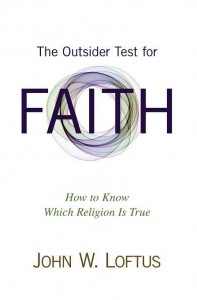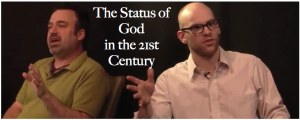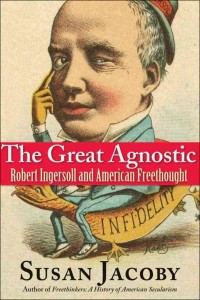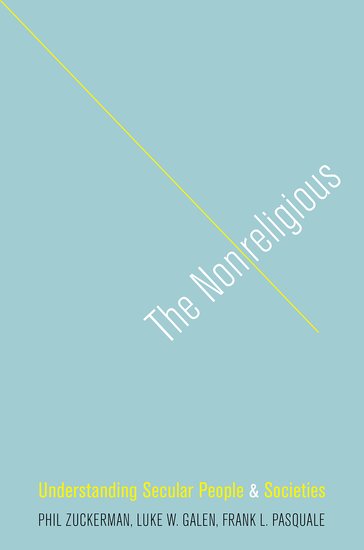 The Nonreligious
The Nonreligious
Understanding Secular People and Societies
Phil Zuckerman, Luke W. Galen, and Frank L. Pasquale
- First volume to assemble all existing data/research on nonreligious people into one book
- Adds empirical data, analytical clarity, and sound research to the debate surrounding the “New Atheism”
- Heightens understanding of contemporary secularity and the dramatic growth of religious “nones” in America, as well as around the world
- An interdisciplinary collaboration featuring three leaders in the field of secular studies

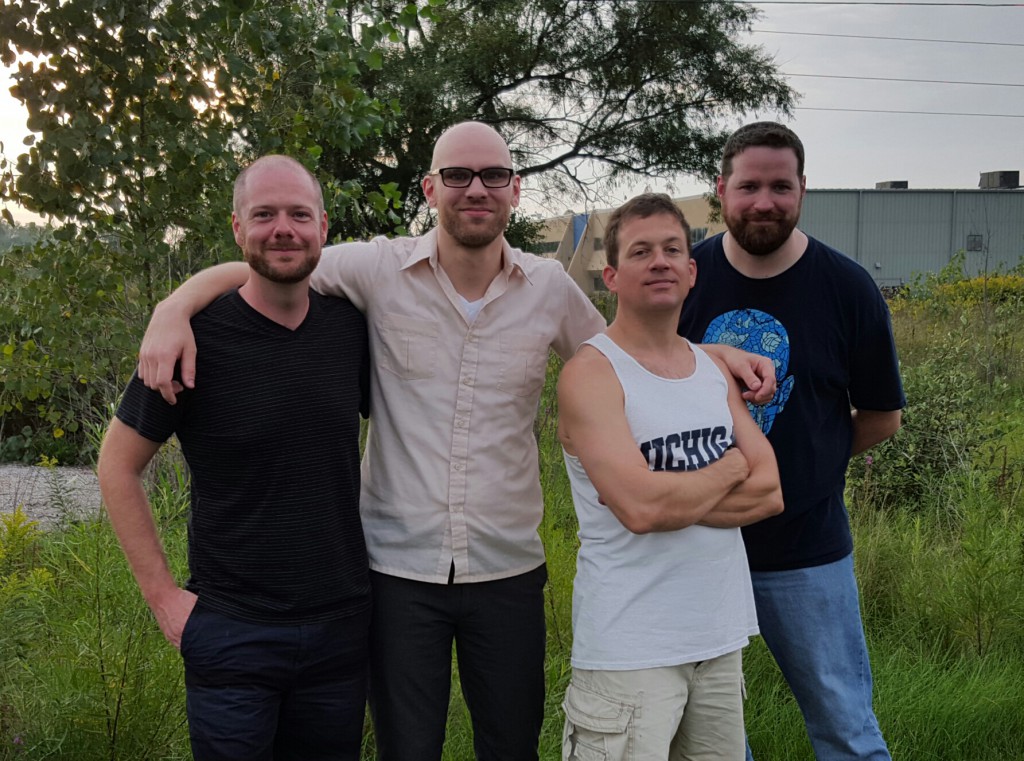
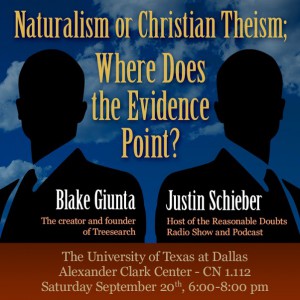
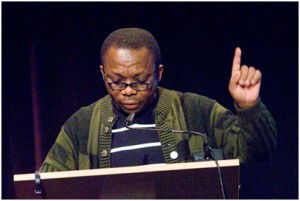 Interview: Leo Igwe
Interview: Leo Igwe